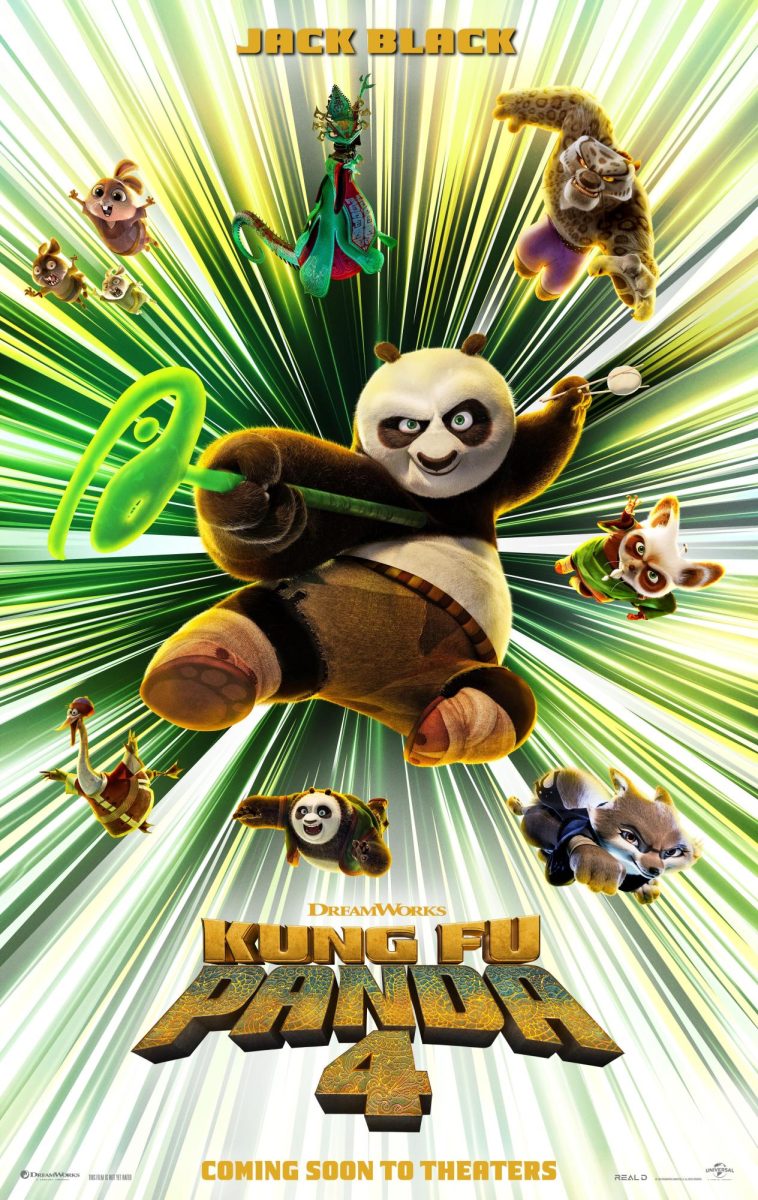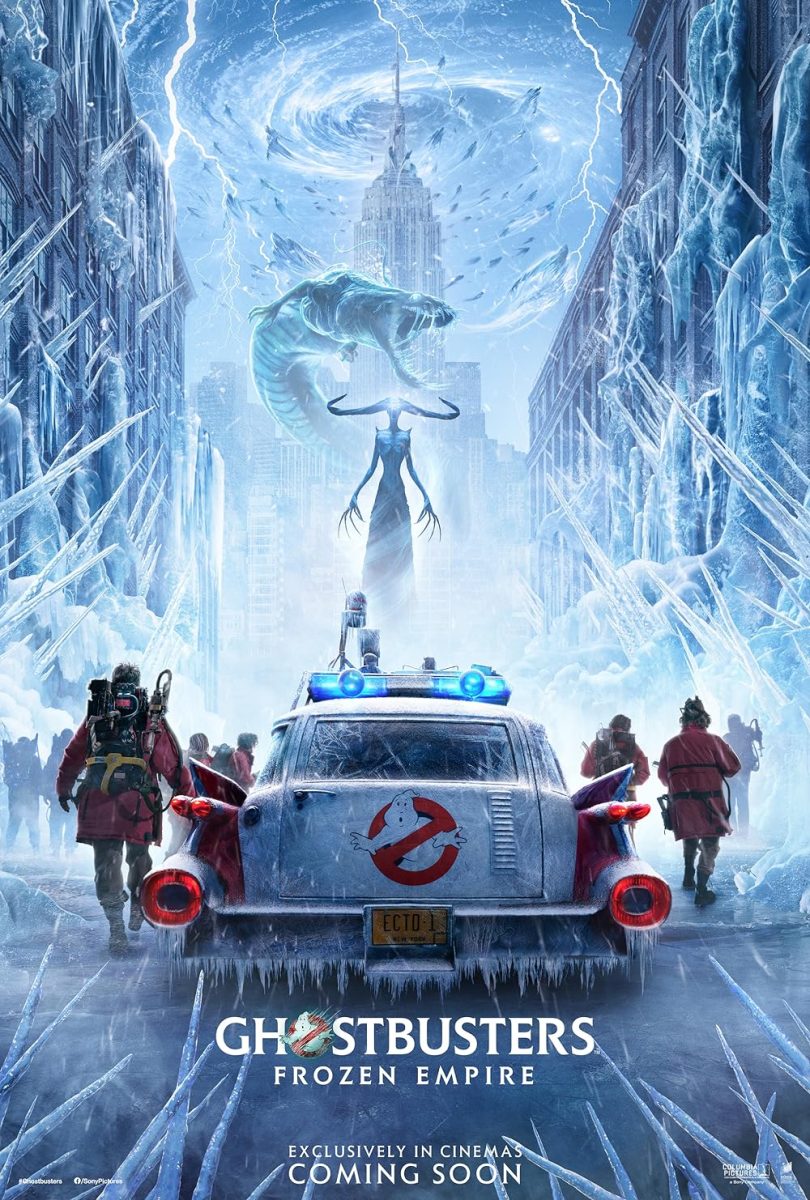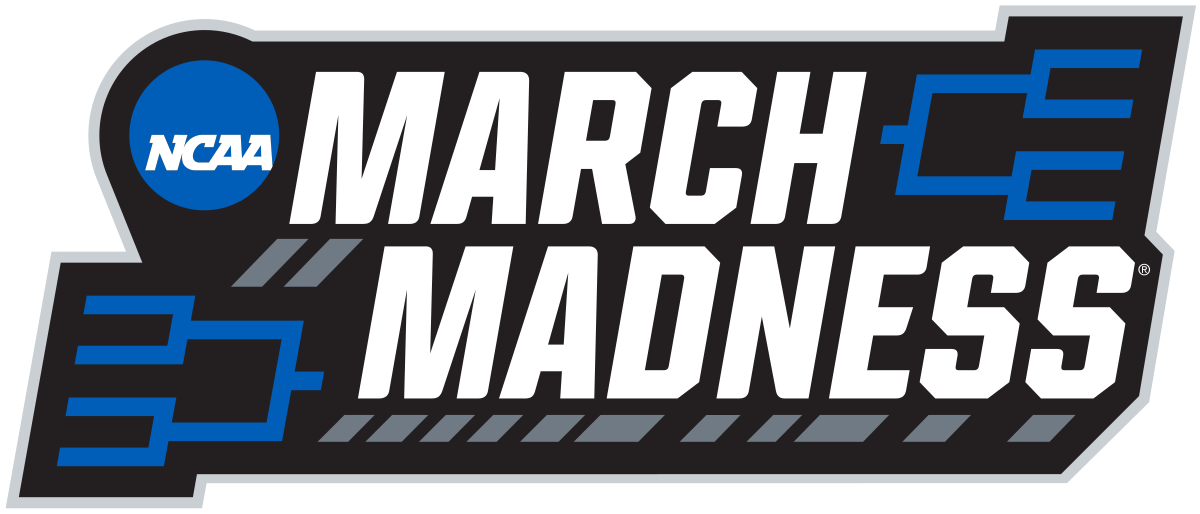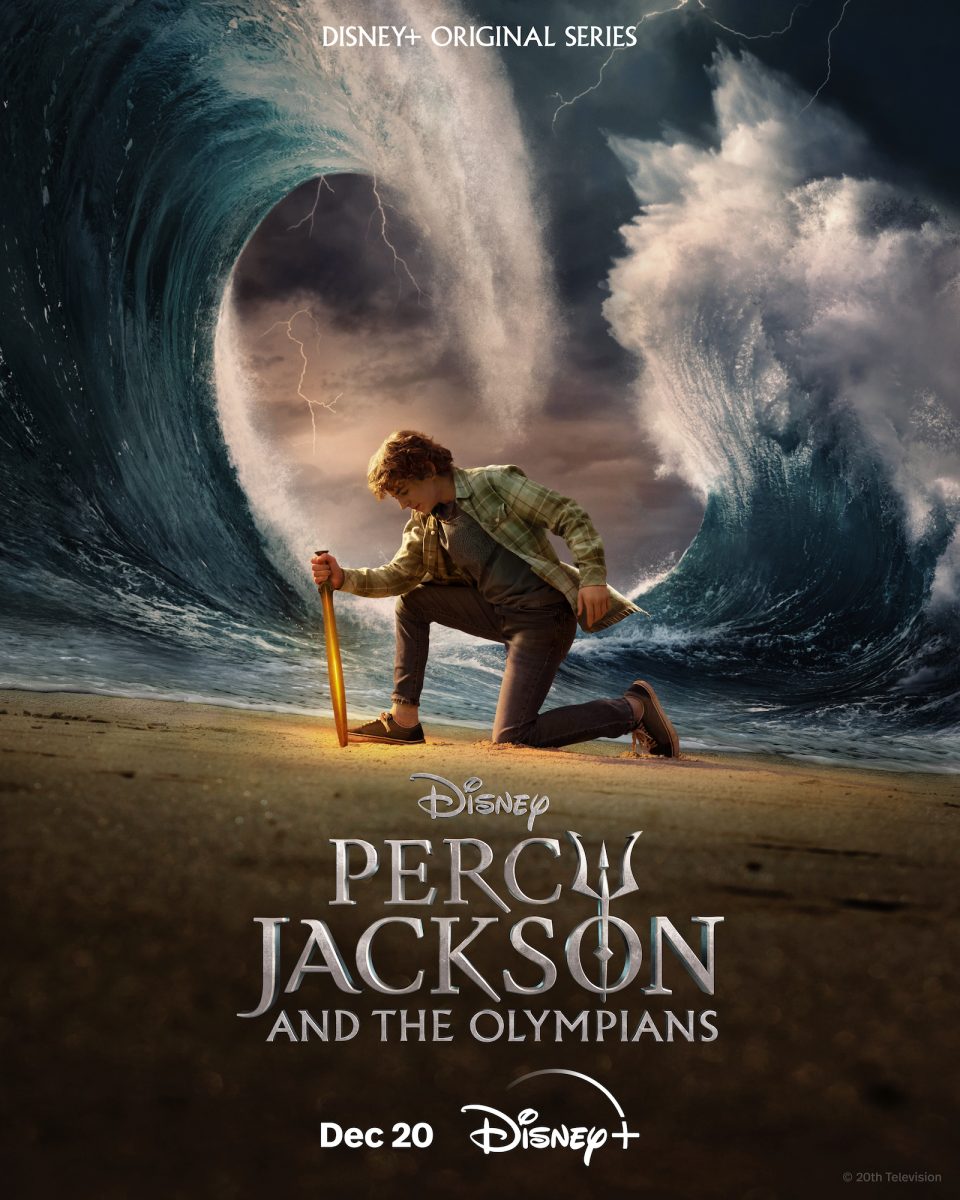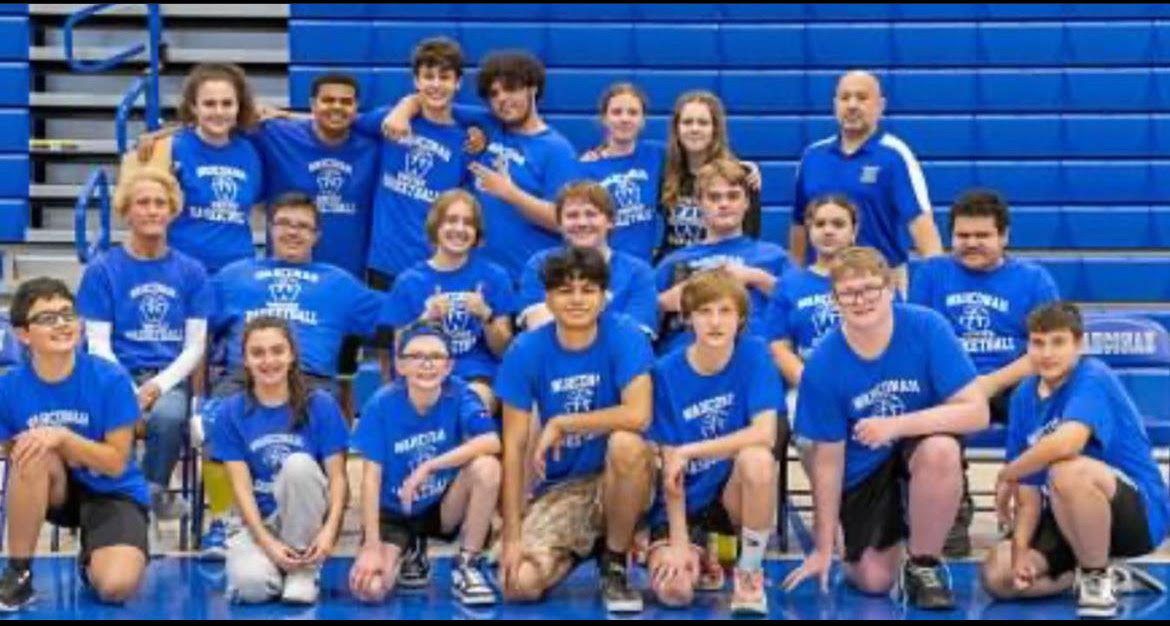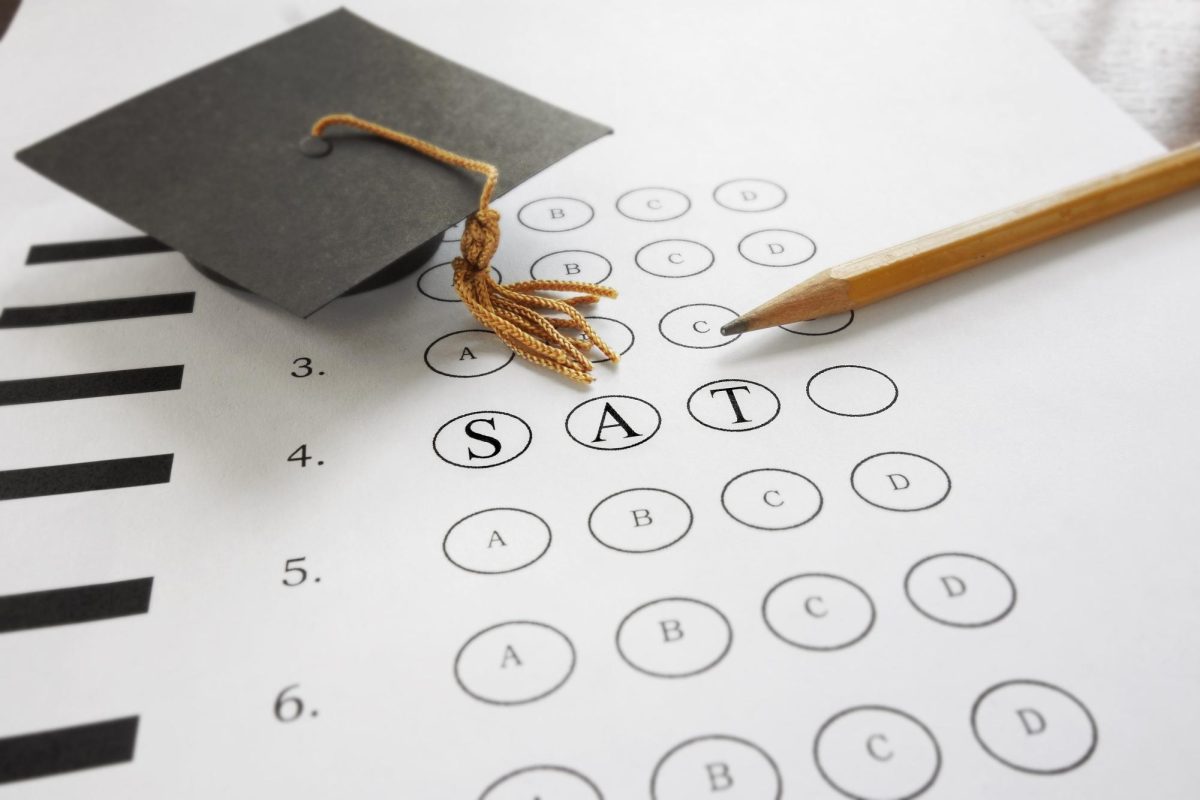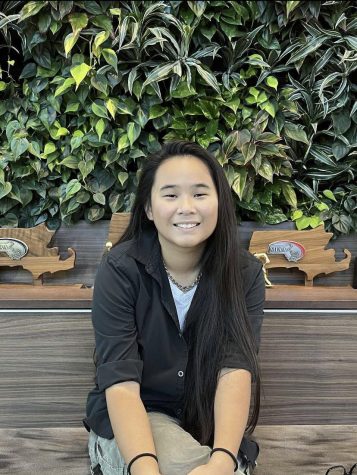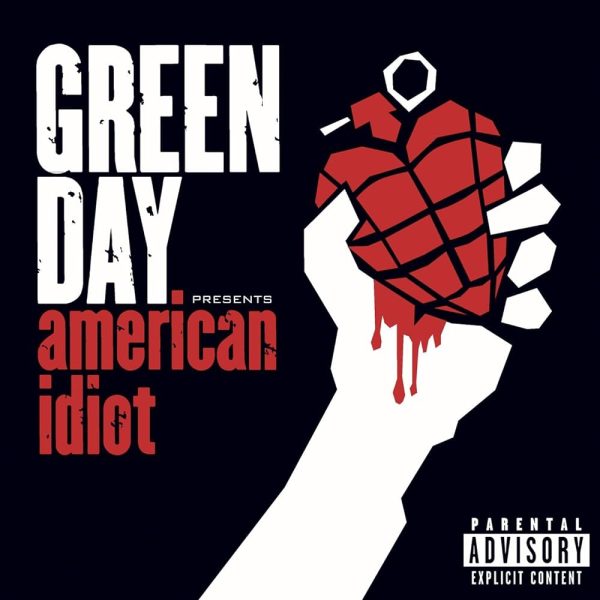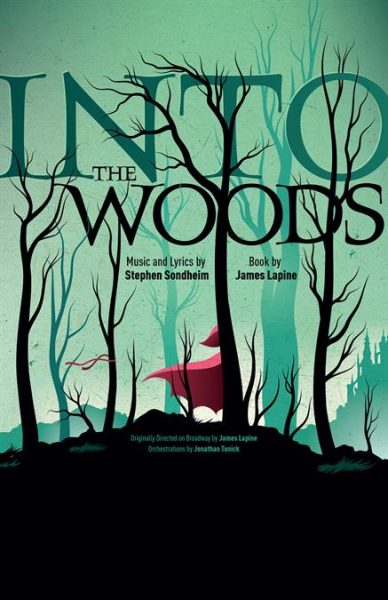What it’s like being trans in the 1980s? An interview with Bear McHugh
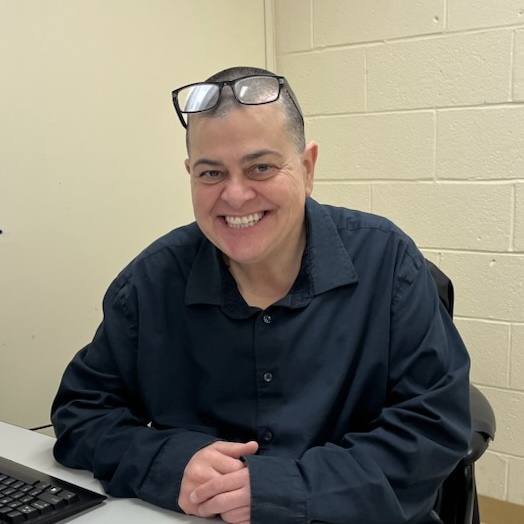
October 22, 2022
I was lucky enough to be able to sit down and have a talk with Bear McHugh about his life. The following is our conversation:
What is your name and what do you do?
“My name is Bear McHugh. I’m a social worker and right now I work as a school adjustment counselor at Lee Middle and High Schools down in Lee Mass.”
What is most important to you as a person?
“I think the most important thing to me is family and friends.”
How old were you when you came out as transgender?
“I always knew I was trans, but growing up I didn’t know what transgender meant. I didn’t know there were people like me out there because I was born in 1968 (which gets longer and longer ago). I had a very nice childhood and I had a lot of close family and friends, so even though it felt wrong to be socialized as a female, I didn’t really think about it too much. Then I went off to college and identified as gay because I was attracted to women, but still the identity of transgender was not defined to me because again this was like 1986-1990. Then I just started to really educate myself and clearly know who I am today. But I think for a lot of people it is a process just because of the ills of society and the way society portrays LGBTQIA+ people. So, I guess to answer your question, I always knew that I was trans; I just didn’t maybe have the words to form that.”
What was being a transgender man like when you came out?
“Fortunately for me, people tend to like me. I’ve been told I’m highly likable, so when I tell people my gender now they are like “oh ok la la la,” you know what I mean? I think when I was younger (like in the 80’s), I was more direct, saying: “this is who I am” when coming out to my parents. I was raised Catholic and I still consider myself Catholic, so I came out to them around Christmas. Christmas Eve to be specific. So, of course, that was a fun family event. Again my parents are (well my mom died twenty years ago), but my mom and dad are just wonderful, wonderful people and again because they were raised in a small town as Roman Catholic, they didn’t have much of an understanding of what being transgender means. And at the time I think it was even before I identified to them as gay which they didn’t understand either. And again I am a trans man and I happen to be straight, so of course people get the sexual orientation and identity confused. Back then, even I was confused when I came out to my parents. I wasn’t confused about who I was, I was confused with the specific terminology.
It was a struggle. It was definitely a struggle when I came out. I was very emotional and lonely and it was painful, but I also had very wonderful people in my life that I was able to reach out to. I had people that were supportive that I could process myself with in order to gain support and gain resources and gain knowledge and gain education because I think the bottom line here is we’re talking about educating people.”
Do you feel as if anyone who is important to you in your life has not accepted you?
“I don’t feel that way; I feel pretty accepted. I don’t really think that much about being trans. I feel like I am who I am. The one thing I will say that I just got so used to is that people tend to still get my gender wrong. Like sometimes they’ll say “she” and then they’ll correct themselves and say “he” and a lot of times it’s people that I’m really close to. My dad is 88 years old, and he always gives me “son” cards that are very moving and I just love him so much, but I think that some of the micro stuff people aren’t fine tuned to and again that’s about education. I feel that it’s about love for me. I think that’s more of a societal confusion on their part if that makes sense. And I do educate people constantly, especially if they’re in my direct space on a daily basis.”
Do you think that overall Berkshire County was/is accepting?
“I feel very accepted in Berkshire County. I know that again I think we all need education in different areas and depending on how we were raised and even I, as a transgender person, noticed that one of your questions, not to jump ahead, but just to talk about [the pronouns] they/their/them which I fully support. I have always, knock on wood, pretty much have gotten [pronouns] correct just because of who I am. If somebody says their preference then that’s what you say right? That’s what you say to them, period. I had a friend once who was trying to debate me right? Because people like to debate, it’s entertaining when people try to debate with me. She said to me because I’m trans and I’m he: well what do you use legally? I’ve had a lot of people say, what are you legally? Like things like that. She said to me: what if I wanted to be called the empress of the world? And I was like: Well I would call you the empress of the world. I mean it’s just that people know themselves best and so call them who they are. They know who they are, they know what their name is and their pronouns so use those.
How do you feel about the current laws happening in this country right now having to deal with LGBTQIIA+ like the “Don’t Say Gay Laws” and the anti-trans laws in Texas and other places?
“I think it’s sad. I think we’re going backwards and again I personally just think that education again is key. I like to bring people closer to me, not farther away, so I think that we have to have those conversations and be tolerant of people who have not had that education because again certain people are socialized to essentially be discriminatory. They’re socialized that way from being very small children growing up so essentially they haven’t been educated or know any better and they might not know an LBGTQIA person.”
You said in your 2014 article that “30 percent of LGBTQ youth will have reported a suicide attempt in the past year. Fifty percent of transgender youth will have attempted suicide before the age of 20”. Why do you think these statistics are so high?
“Well I think that is probably also a little outdated and I know that the Trevor Project has a new study that really just came out. I think it just came out this month in 2022, so I think it would be better to refer to those statistics.
https://www.thetrevorproject.org/survey-2022/
I think the primary culprit typically of suicide is depression and anxiety and those are highly treatable, so I think it’s really a matter of focus on treating the culprit. To understand that suicide is also multi-faceted, it’s complex, so it’s not just one thing. It’s more than whether somebody’s LGBTQIA, although statistically the suicidal ideation and attempts are higher then their cis-gender peers.
I think it’s important if you are putting this in a school paper to make sure that there are resources, because there is hope. I think that’s the biggest thing. We’re talking about mental health stuff that is highly treatable but sometimes when somebody’s in that moment they don’t realize that fact. That’s why it’s so important to get those resources out so that people aren’t feeling alone, so they do feel heard, and they do feel and recognize that there is help.
National Suicide Prevention Lifeline: Text or Call 988
National Suicide Prevention Lifeline Website
We’re here for you Now – The Trevor Project
(More information on these at the bottom of this interview).
What advice do you have for either kids who have parents that aren’t accepting or kids who are struggling with identity challenges?
“I think this is very personal to people and everybody has their own process and they have different family structures, but I think that it’s best to find people who support you and to be your authentic self. Even though it’s scary, I have found and I think the majority of people, we all kind of want to be who we are.
I believe in cognitive behavioral therapy techniques, and this is not just LGBTQIA+ specific, but it’s more in today’s young people, specifically with the school-aged young people I work with everyday. It’s common that they don’t give themselves enough credit and they have a little bit of low self-esteem going on. I’m 54 and I still have a little low self-esteem in certain areas, so then I even need to do what I preach, which is: say good things to myself, try to eat well, try to take good care of myself, reach out to people who are supportive and sometimes people don’t realize how much love and friendships [are] really out there as well as resources and protective factors.
A protective factor can be like a number of things for some kids it might be sports, for some kids it might be being in the school play, for some kids it might be religion and for some kids it might be spending time with their best friends. A protective factor might be a teacher who you are close to and can talk to and who doesn’t judge you and just listens. A protective factor could be a really supportive family and again a lot of times maybe LGBTQIA people might not feel like they have a supportive family so then find that supportive family because there are people who you can talk to. And again the resources are a huge support: like specifically the LGBTQIA+ Live Out Loud Youth Project through the family resource center at 18 Degrees in Pittsfield, things like that. Like joining a G.S.A at school. We also have a G.S.A. at the Lee HS and I think that’s a huge protective factor because even if kids are going through stuff with their families they can have that support of their community within school.
(Get in contact with Mrs. Donovan for info on how to join Wahconah’s own G.S.A. = Gender. Sexuality. Alliance.)A good resource for everybody can be therapy and, of course, I’m a therapist, so I’m going to say that right? I tend to be more cognitive behavioral, but there are different kinds of therapists and so you find the therapist that you feel like you fit with. You might have to try a couple therapists but a lot of times, kids will come in and I always say to give therapists a chance even if you have to give them a couple months at-least to see. That’s because it’s really like anybody when you first meet and you don’t know them as well as you do two years later, right? So I say give them a chance and if that’s not the person for you, then seek out that person.
I also say to look for positive mentors, people you look up to, and to explore things that fulfill you spiritually, mentally, physically. And again I always say to kids, think of yourself as the puzzle and you’re putting in the pieces of your own specific puzzle. So you’re looking for things that are healthy coping strategies, and things that you want to achieve in your life and so you’re looking for those mentors to help in doing that.”
What do you have to say to the unaccepting parents or to teachers if a kid comes out to them but not to their parents?
“I think unaccepting people in any way, shape, or form, that’s a personal decision for people. I like to educate people so for me with my parents, I tend to be very direct and I personally stay close because I’d rather educate my family than lose them. And sometimes that is a process because they might upset you, and again I try to be gentle to people and their misperceptions and their discriminatory attitudes because, again, I’ve seen in my life that once people are given the correct information, a lot of times they may change their mind or they may not. But I say if at first you don’t succeed try try again.”
Why do you think people are homophobic/transphobic/etc.?
“A long time ago I think it became the campaign to end homophobia. This was like back in the day, way before you were even a thought in anybody’s head, a long time ago. But I do think it’s still relevant to today. It was described as on a personal, interpersonal, institutional, and societal level. A personal level is a way somebody thinks, right? Like, “oh, gay people aren’t as good as me. Or trans people aren’t as good as me.” That’s a personal level. When it becomes interpersonal, that’s when you start telling jokes and then these jokes go out into society and into institutions that perpetuate these attitudes, like a church’s stance on gay marriage. There’s been progress that separates the church from the laws but then recently there’s been a surge of laws getting pushed through. Two steps forward, one step back kind of thing. But these attitudes are perpetuated in society and I always challenge people to go and watch any kind of talk show or tv show. You know, the comedy shows at night time. You watch those for ten minutes and you’re going to get a derogatory comment regarding the LGBTQIA community and everybody’s going to go: hahahaha.
People are trained. They’re not given right information a lot of times and they perpetuate stereotypes in the media and I think all these factors combined together give us an environment of negativity. Things like the “Don’t Say Gay [Law].” Do you know what the full name of that is? It really cracked me up. Wait, I wrote that down because it was a good one: “Parental Rights in Education Bill.” So what parents are they referring to? Because they are not talking about the LGBTQIA+ parents, are they? What kind of name is that? But that name kind of points out how discriminatory it is right there. How dare you give that bill the name “Parental Rights in Education Bill” and use it to decrease rights because all parents should have the right to say gay and all kids should have a range because people are different and haven’t we learned anything from the atrocities of the past. History repeats itself and people really need to educate themselves that we should love and accept all people and all people are different.
What do you think about the church in relation to the LGBTQIA+ community?
“And again I think that some people believe in religion, some people don’t. It’s such a gamut of beliefs. So for me I was raised Roman Catholic and still to this day I love going to church, I don’t go every week or anything, but because it was always such a beautiful tranquil place for me and I personally I like to stay close to my Catholic people just like I like to stay close to my LGBTQIA+ people. I think religious folks need a lot of education [about LGBTQIA+ people] and I say: Here I am! Here I am! So I choose to stay close to them and talk to them to make structural changes that help to get rid of ignorance within the church.
What impact do you think an accepting environment can have on a child?
“I think an accepting environment [for] all of us is positive. I think the bottom line with kids is just to create an environment that fosters who they are.”
I don’t know if you’ve read any LGBTQIA+ YA novels recently , but if you have: how accurate are they to when you came out or nowadays?
“I try not to read. I don’t read novels, I kind of hate to read. But interestingly enough, I love to read social work stuff. So I am a reader. I’m just not a wide range reader. But I think books can either foster education or foster discrimination and stereotypes, and so I think it would depend on what I was reading to be able to discern which one that is.”
Some people say that there is no need for a pride month anymore because of how accepting the world has become. So do you think we still need one and why?
“Of course we do! I think it’s for celebration first of all. Celebrating pride and also just the ongoing education for people, and even with the they/their/them [pronouns], as we know it’s not just about he or she, there’s a whole continuum in between there. It’s so hard because if you start to read like the scientific stuff, it makes it really clear that these binary sort of frameworks are unacceptable and false. I mean going back to that Florida thing, the “Parental Rights in Education Bill.” What a bunch of nonsense. That’s compartmentalizing; they should just be allowing kindergarteners and up to third grade to romp around freely as opposed to be[ing] pushed into these stereotypes that obviously offend quite a big section of the world. So again we need a lot of education. I say pray for Ron DeSantis that he gets some clarity and reverses what they need to… I think I need to move down to Florida. I’m going to be on the next plane to go see your aunt, I’m going to brush things up in Florida, I’m going to help those people out… You know I’m kidding about moving.”
What is something you wish people would take away from you?
“I think just being open to communicating with all people and really try to understand people for who they are and where they’re at because I think we can all learn a lot from each other.”
And to end this interview on a high note, what is your favorite food?
“Vegan pizza.”
Resources if you are thinking about harming yourself or you know someone who is thinking about harming themselves:
National Suicide Prevention Lifeline Website
Lifeline telephone number: 988
Available 24/7
Text a Crisis Counselor 741-741
We’re here for you Now – The Trevor Project
Trevor HelpLine for LGBT
chat, call, text 1-866-488-7386
- If you are thinking about harming yourself — get immediate support. Connect to a crisis counselor 24/7, 365 days a year, from anywhere in the U.S. It is 100% confidential, and 100% free.
- “Our trained counselors understand the challenges LGBTQ young people face.” (You don’t have to be LGBTQIA+ to use it, but that’s what they specialize in).
Contact | The Brien Center (call)
- 1-800-252-0227 OR 413-499-0412
- Offices for the Brien Center in Pittsfield are located at:
333 East Street, 251 Fenn Street, 334 Fenn Street, 66 West Street
Offices are open from 8am to 4pm, Monday-Friday



